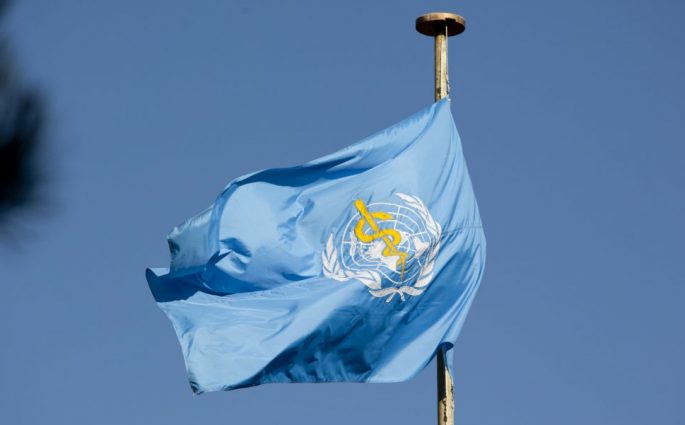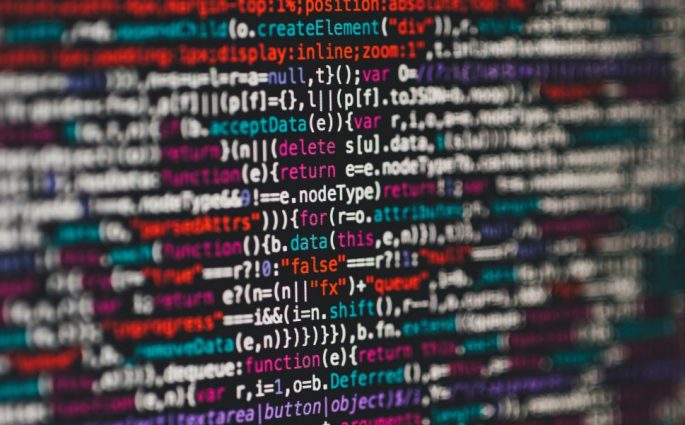Sovereignty in a Public Health Crisis
Don Herzog— Who should buy ventilators, N-95 masks, PPE, and more? “Governors are supposed to be doing a lot of this work,” complained President Trump. “The federal government is not supposed to be out there buying vast amounts of items and then shipping. You know, we’re not a shipping clerk.”










